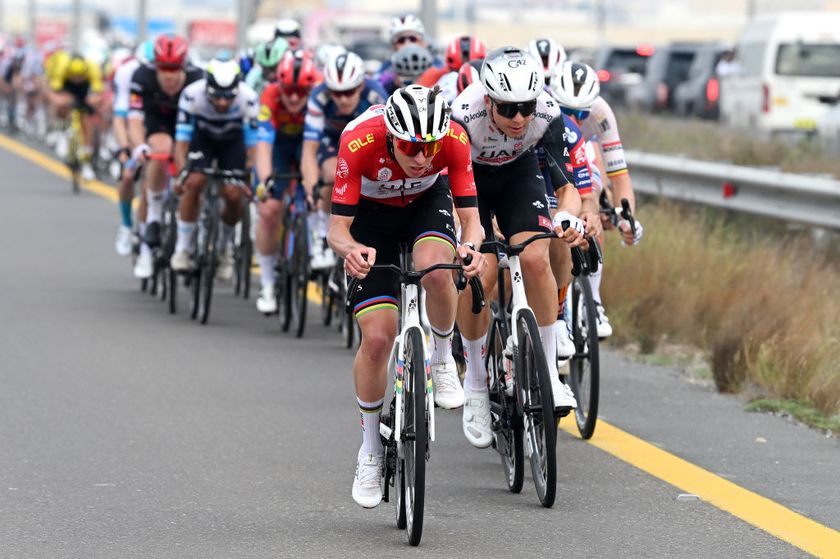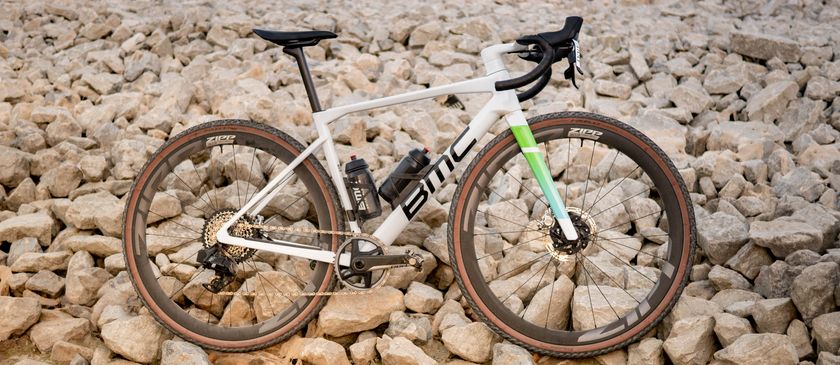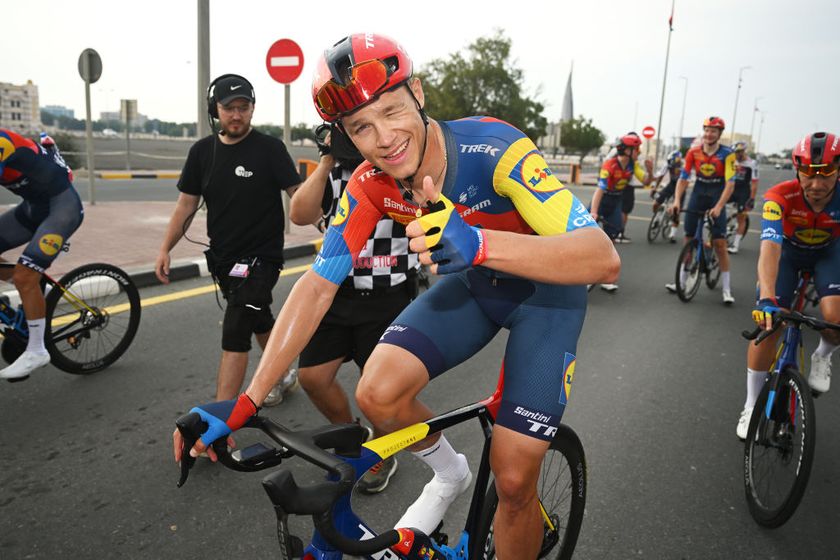BMC and Evans carry weight of race into second week of Giro d'Italia
Piva on risks of sending pink jersey out "on loan"




Cadel Evans' 2011 Tour de France victory was a masterpiece in calculation, as the Australian never dropped out of the top four overall throughout the entire three weeks of racing but still managed to steer clear of the yellow jersey and its associated pressures until the penultimate day.
BMC and Evans would doubtless have been glad to follow a similar template at this Giro d'Italia, but after gaining time on all of his overall rivals at Montecassino last week, he could hardly avoid taking possession of the maglia rosa on the first major mountain stage to Montecopiolo on Saturday.
Indeed, when early escapee Mauro Finetto (Neri Sottoli-YellowFluo) moved in to the provisional overall lead on Saturday afternoon, it was the Movistar team of Nairo Quintana who led the chase in the peloton, almost as if they wanted to ensure that Evans and BMC would have to take the jersey and its responsibilities for the coming days.
"It's not that we wanted to take it at any cost, and maybe at this point it might be better for Cadel not to have it and to leave him and the team calm," BMC directeur sportif Valerio Piva told Cyclingnews. "So it's not like we rode furiously behind to make sure we got the jersey, but we're still very happy to have it."
Evans currently holds a lead of 57 seconds over Rigoberto Urán (Omega Pharma-QuickStep) and it would surely suit BMC to send the pink jersey "on loan" to a rider with no designs on the final general classification during the second week, given that controlling the peloton at the Giro for days on end is a notoriously taxing endeavour for a single team.
In practice, however, finding a breakaway with the right composition will not be easy and could even prove risky. In 2010, for instance, an impasse between BMC, Liquigas and the Astana team of maglia rosa Alexandre Vinokourov allowed a sizeable break go clear the road to L'Aquila suddenly put David Arroyo into the picture for overall victory.
"It's hard to decide at the start of a stage what riders you would let go and the opening kilometres are always run off at high speed with a lot of attacks and you don't know exactly who is in the breaks," said Piva. "It's important that you don't let any riders get away who might be able to re-enter the general classification because they could become dangerous. In a big break, especially, there's always the risk that somebody dangerous could get away."
Get The Leadout Newsletter
The latest race content, interviews, features, reviews and expert buying guides, direct to your inbox!
BMC should at least find allies of circumstance at the head of the bunch when the Giro resumes after its rest day with a flat stage to Salsomaggiore Terme. "On a sprint stage, I don't think having or not having the jersey will make a big difference to the work we have to do," Piva pointed out - while on Thursday, Evans will be expected to pad his overall lead still further in the time trial to Barolo.
Indeed, Piva was optimistic that BMC has the strength in depth to defend the maglia rosa over the next two weeks if necessary, just as Astana did for Vincenzo Nibali 12 months ago. Steve Morabito, in particular, was hugely impressive in Evans' service on the summit finishes at Montecassino and Montecopiolo, although Samuel Sanchez is still suffering the effects of his fall during the mass crash on stage 6.
"We've a very balanced team that can work on the flat or on hilly stages, and we've got a couple of riders who can stay close to Cadel in the mountains - obviously, there's an exceptional Morabito, who is clearly in top condition, but I'd add Sanchez too because he's still recovering from the crash. He should be there in the last week," Piva said. "Unfortunately, we lost [Yannick] Eijssen in a crash and he would have been up there in the climbs too, but these things happen. The team is still strong."

Barry Ryan was Head of Features at Cyclingnews. He has covered professional cycling since 2010, reporting from the Tour de France, Giro d’Italia and events from Argentina to Japan. His writing has appeared in The Independent, Procycling and Cycling Plus. He is the author of The Ascent: Sean Kelly, Stephen Roche and the Rise of Irish Cycling’s Golden Generation, published by Gill Books.
Most Popular







